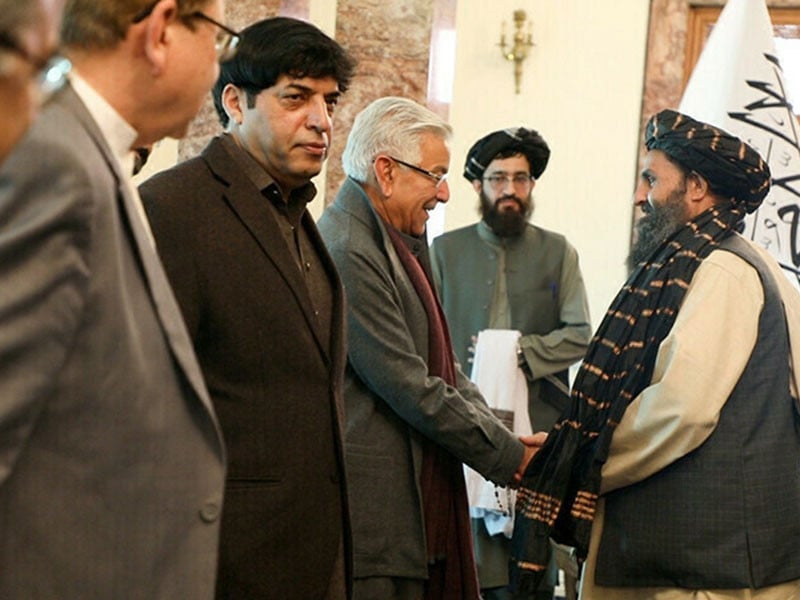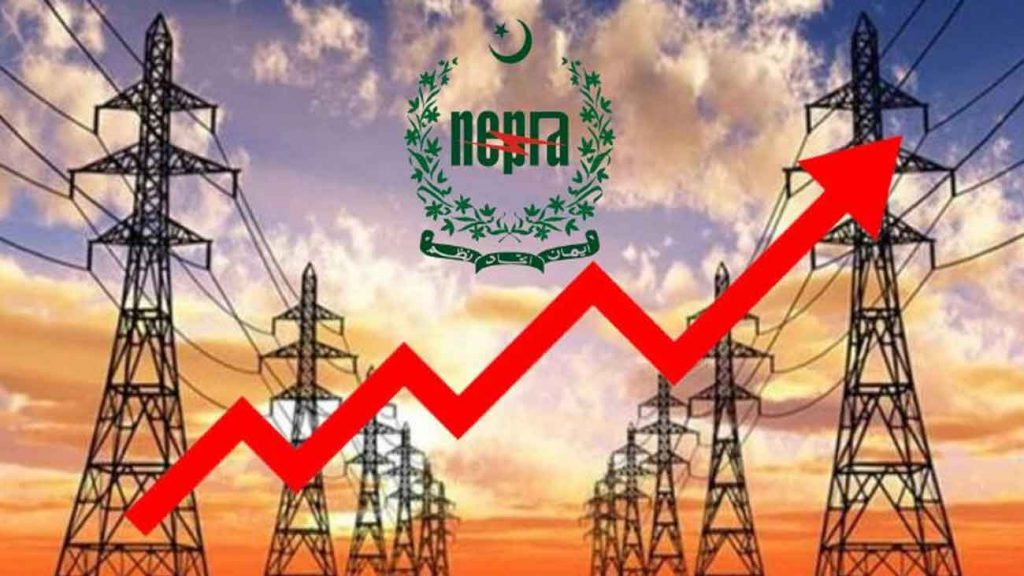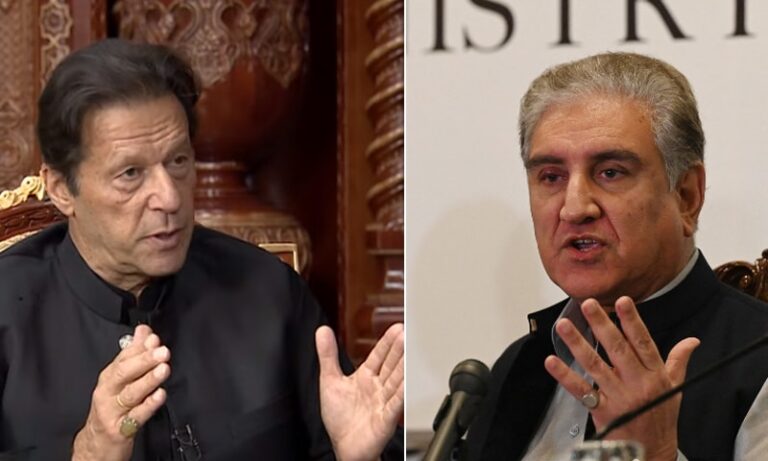EDITORIAL
A political party is a group of persons organized to acquire and exercise political power. Thus, a political party brings together people with the same political ideas. By participating in an election, parties hope to get as many members as possible into a representative body, like parliament or legislature. At the same time, they try to hold as much power as possible in the Government or political executive. Political parties have various functions. However, their fundamental role is to promote the interests of their voters. They also draw up party programmes and manifestos. Then, their primary obligation is to implement the programmes and manifestos. The performance of the promises of manifestos is re-evaluated in democracy. Hence, the process of re-evaluation is essential for their re-election.https://republicpolicy.com/will-the-dissolution-of-provincial-assemblies-ensure-early-elections/
What is a political manifesto? A manifesto can be just a simple list of policy ideas. However, these days political manifestos tend to be lengthy documents which explain the party’s policies on a wide range of issues in great detail. The key feature of a political manifesto is that it will usually say what the party’s policies are, as well as give some explanation as to what each policy is trying to achieve and why that would be a reasonable forte to persuade the voter to support it. Manifestos usually cover numerous political issues, including the economy, health, education, welfare, jobs, housing, defence, the environment and foreign policy. It also includes the execution plans of the objectives of the political parties in a democracy. Hence, it is a political promise of a political party to its voters before an election.
Manifestos can be a helpful instrument in electoral politics. A political party must outline a political party’s promises during election season. Hence, manifestos offer a worthwhile entry into understanding such party’s intentions ex-ante, based on which voters can decide. One would imagine that a manifesto can serve as a “monitoring device”: When an incumbent party fails to deliver a specific promise made in their manifesto, it should be easy to hold them accountable. However, this has yet to be the case in Pakistan. Indeed, the question is how seriously the voters and political parties take election manifestos. Political parties are not legally obligated to fulfil their manifesto promises. There is a need, therefore, to make voters more aware of manifestos. It should be relatively easy, given that these are explicitly worded documents. There has yet to be a rigorous discourse on manifestos in Pakistan. Scholars of governance and civil society, in general, have yet to tap into the potential of manifestos as a tool for strengthening democracy. This lack of interest could indicate a weakness in deliberative democracy in the country. Critics attribute that due to irregular periods of democracy in Pakistan, the political culture of manifestos is not grown to the level of preference in our electioneering.https://republicpolicy.com/imran-khan-invites-government-for-negotiations-on-the-election-date/
The state of Civil-Military relations in Pakistan continues to be the amplest stumbling block to the consolidation of democracy in Pakistan. Pakistan has been ruled directly by the Military for over 30 out of 76 years, while not a single elected Prime Minister of Pakistan has so far been able to complete the Constitutional tenure of 5 years in office. Other than four direct interventions by the Military since Pakistan’s independence in 1947, successive military commanders have exercised de-facto authority on crucial aspects of national security management, including regional and international affairs. Consequently, the state of civil-military relations in Pakistan is the fundamental factor upon which the quality of democracy in Pakistan depends. 2023 is also the election year for the National Assembly of Pakistan. With that, the elected legislatures have almost completed the constitutional term of 5 years, and Pakistan is undergoing its 12 General Election. The coming elections are also vital for political parties as legislators changed the governments, but the legislatures remained functional.
Almost all political parties prepare and propagate the manifestos in their way in Pakistan. It involves a queer process in Pakistan. All political parties prepare the document but hardly disseminate it to the voters. They do it due to political compulsions. Political leaders may prefer to pronounce a few outlines, but they never trumpet the essence to the voters. It is constituency politics in Pakistan and constituencies differ among themselves in cultural, political and social dimensions. Then, there are specific religious, emotional and cultural sentiments of the voters. As the political culture is unstable, emotions and sensitivities are exploited. Pakistan is a federation and has a specific voting pattern. Apart from common economic interests, many parts of the federation have other emotions of ethnicity, sects and religion. Hence, the political leadership exploits them, and the manifesto remains behind the curtain.https://republicpolicy.com/resignations-of-provincial-assemblies-are-irrelevant-ik-may-have-lost-it/
Pakistan suffers from capacity crises and needs reforms. The reforms must cover the fields of administration to legislation. The country requires judicial, administrative, structural and coded reforms. Reforms have not been the agenda of any political party. The manifesto of PTI in 2018 promised a few reform initiatives; hence none was achieved by the political party during their course of governance. Pakistan needs economic reforms also. The political parties should provide financial plans to the voters for the 2023 elections. Then, what are the executing economic plans? What are taxation reforms? What are growth plans and policies? The manifestos must carry the procedures for the implementation of fundamental rights. How will political parties revamp the criminal justice system? What will be the foreign policies? How will mafia cartels be regulated as per law? What should be the plan for eradicating poverty? Hence, political parties must provide the executing plans to the voters so that they can judge the quality of plans and take the commitment of the political parties.
Lastly, voters must evaluate the manifesto of the political party. They must decide their vote per the manifesto, not charms, legacy, inheritance or other emotional compulsions. The best way to elect a political party is through a manifesto. Populism is acceptable; however, governance is the ultimate goal of political governance. The courses are not significant, but the end is only good governance. The elections are approaching fast. Therefore, let’s dissect the political manifestos!

















































